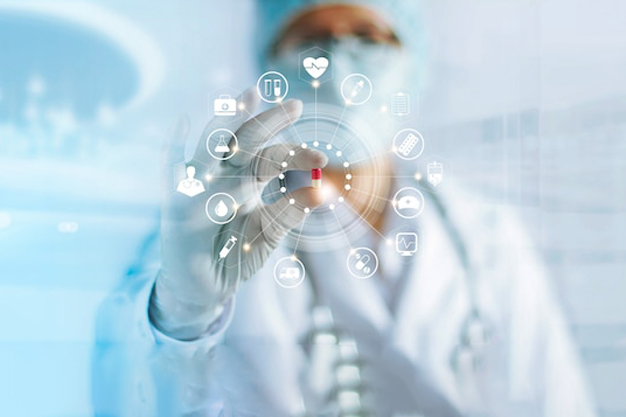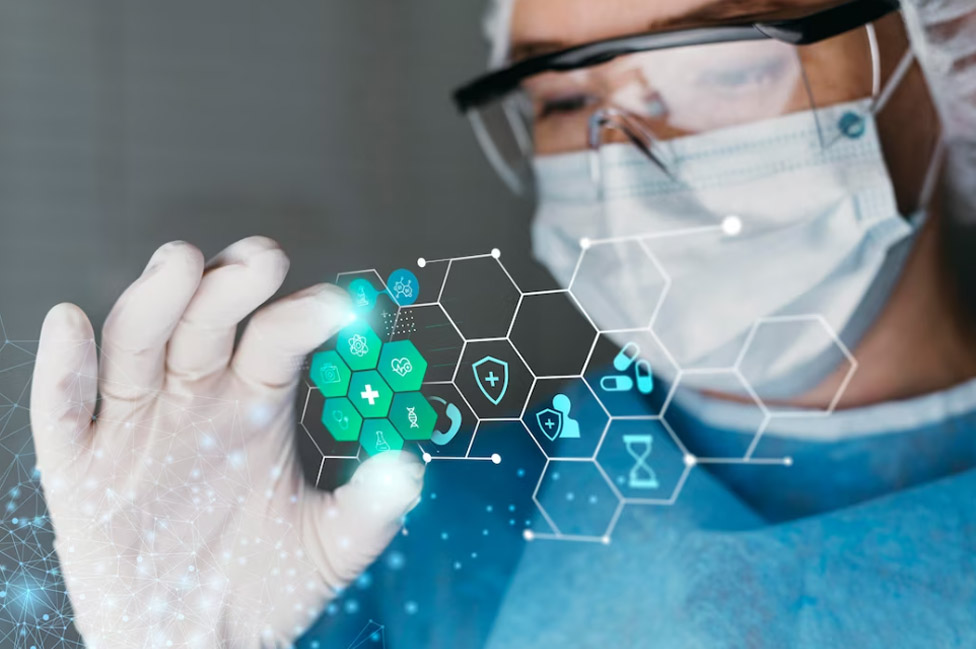Pharmacovigilance
Pharmacovigilance is the science and activities related to the detection, assessment, understanding, and prevention of adverse effects or any other drug-related problems. It involves monitoring the safety and efficacy of pharmaceutical products throughout their lifecycle and taking appropriate actions to minimize risks and ensure patient safety.
Overall, pharmaceutical quality is a comprehensive framework that encompasses multiple processes, systems, and regulations to ensure that medications are manufactured, tested, and distributed in a consistent and reliable manner, meeting the highest standards of safety and efficacy.


Individual Case Safety Reporting (ICSR)
ICSR stands for Individual Case Safety Report. It is a term commonly used in
pharmacovigilance, which is the science and activities related to the detection, assessment,
understanding, and prevention of adverse effects or any other drug-related problems.

Medical Information Contact Center (MICC)
A medical information contact center is a centralized facility or service that provides
information and support related to medical and healthcare topics. These centers are typically
staffed by trained professionals, such as nurses, doctors, pharmacist or healthcare
professionals, who are knowledgeable about various medical conditions, treatments,
medications, and healthcare services
General health inquiries:
People may have questions about common health conditions,
symptoms, prevention strategies, and general wellness advice.
Medication inquiries:
Individuals may seek information about specific medications,
including their uses, dosages, potential side effects, and interactions with other drugs.
Treatment options:
Patients may inquire about different treatment options available for
specific medical conditions, including conventional and alternative therapies.
Healthcare resources:
Individuals may need guidance on finding healthcare providers,
clinics, hospitals, or support groups in their area.
Clinical trials:
Some people may be interested in participating in clinical trials and seek information about ongoing research studies and eligibility criteria
Health insurance:
Contact centers may assist individuals in understanding their health
insurance coverage, explaining benefits, and answering billing or claims-related questions.
Emergency situations:
In urgent situations, medical information contact centers may
provide immediate guidance or direct individuals to the appropriate emergency services.
These contact centers can be accessed through various communication channels, including
phone calls, emails, web chats, or dedicated mobile applications. The goal is to offer reliable
information, alleviate concerns, and guide individuals towards appropriate healthcare
resources. It is important to note that medical information contact centers are not a substitute
for professional medical advice, diagnosis, or treatment. They provide general information
and support but cannot replace personalised medical care from a qualified healthcare
provider.
